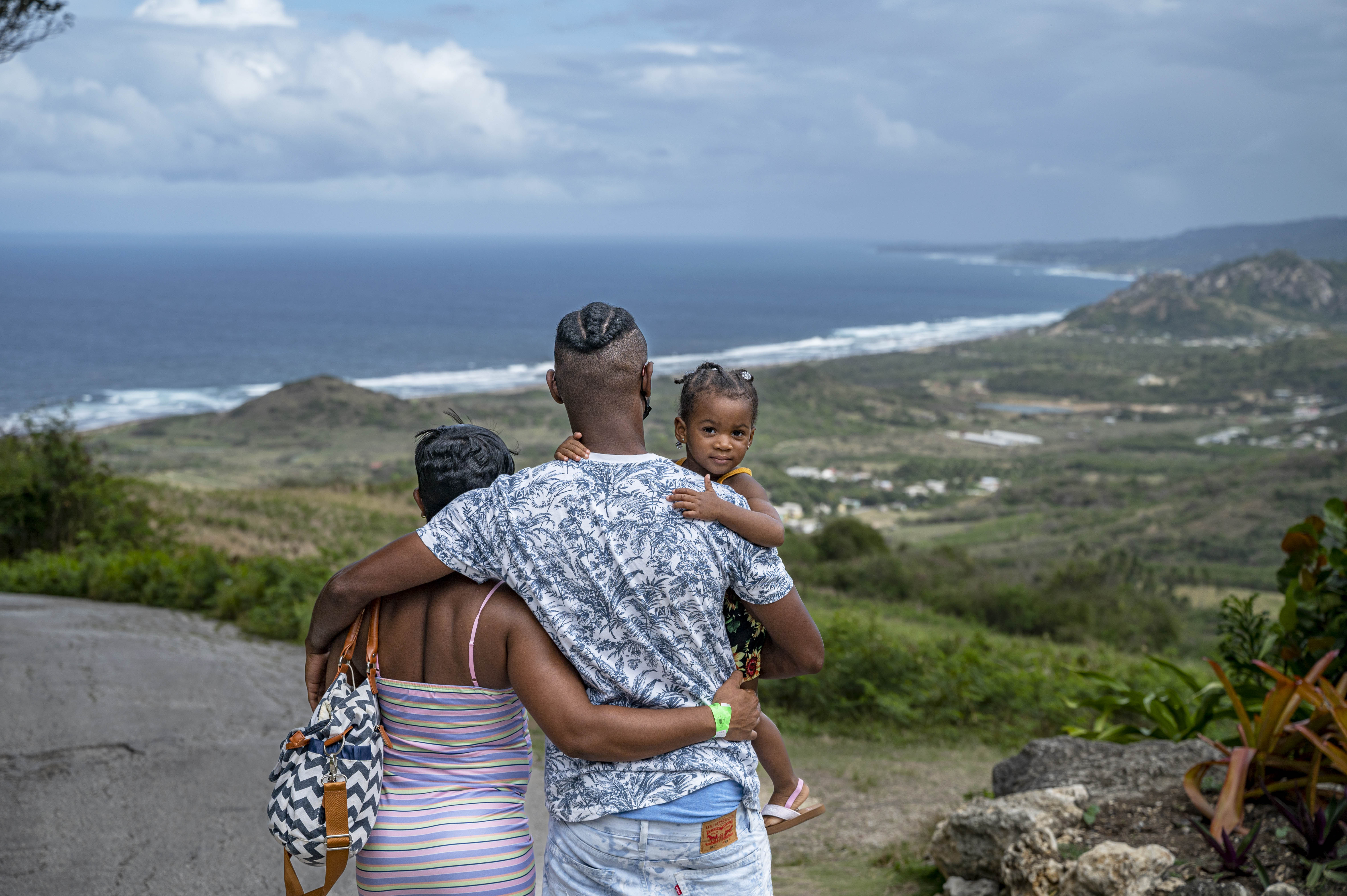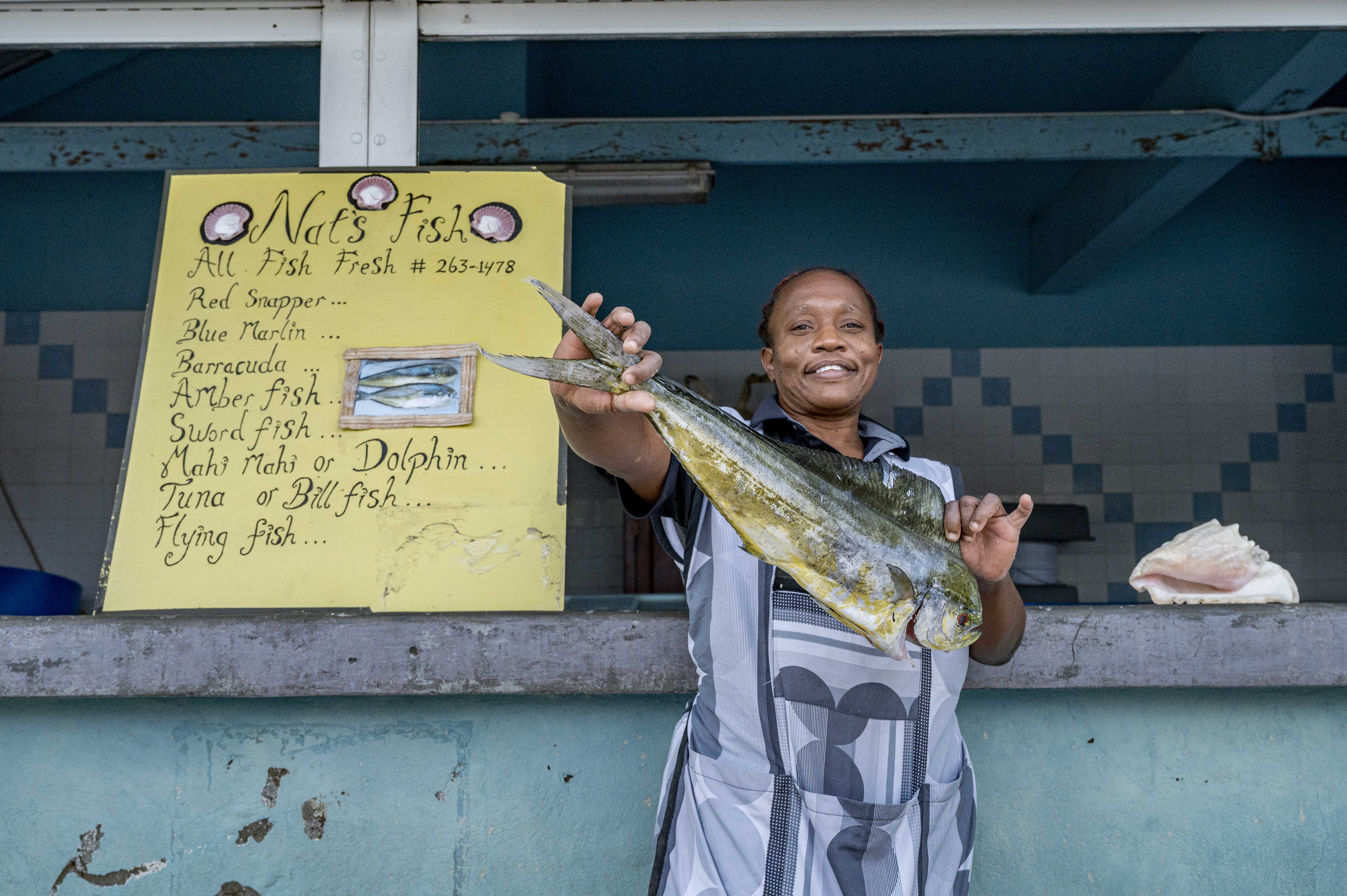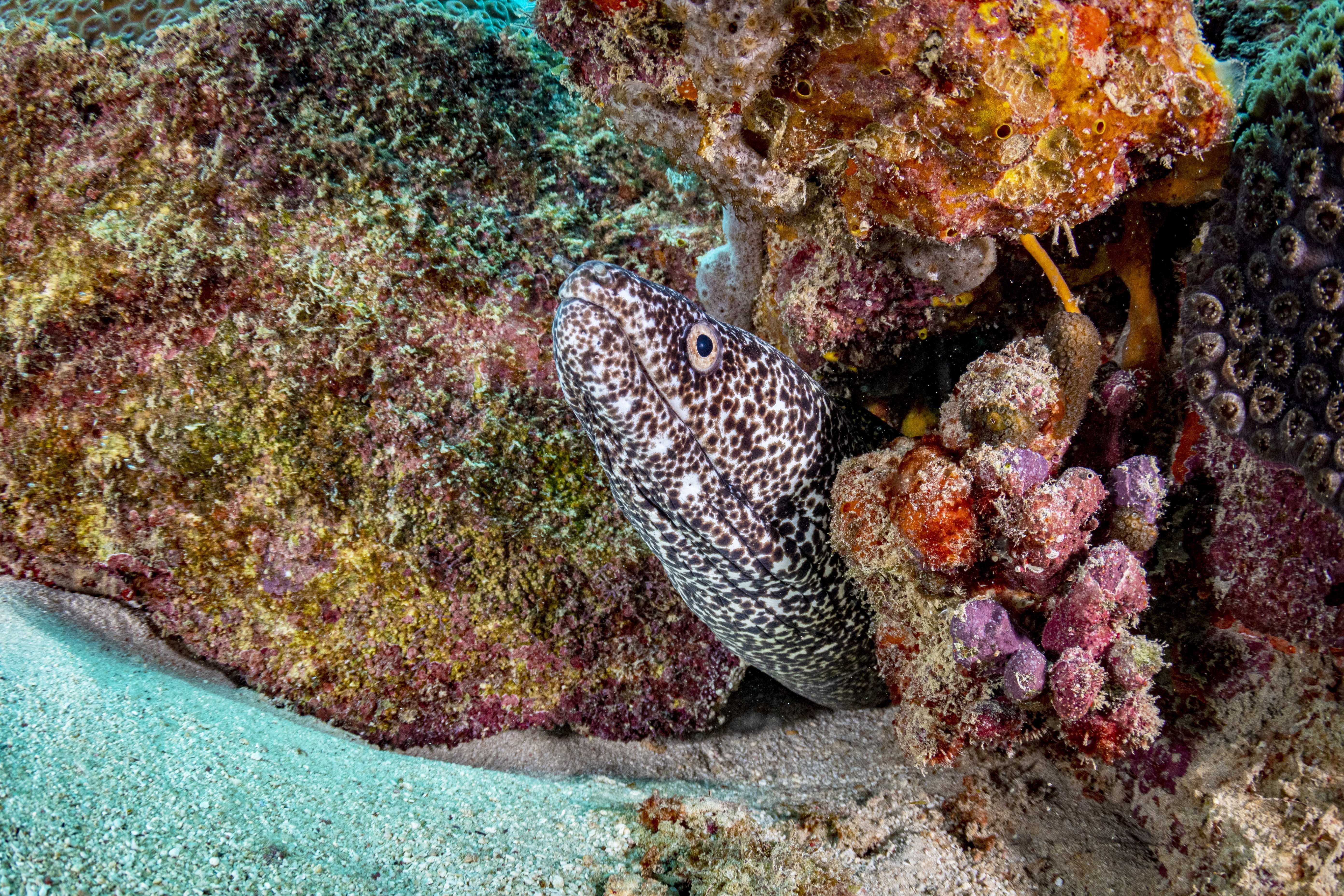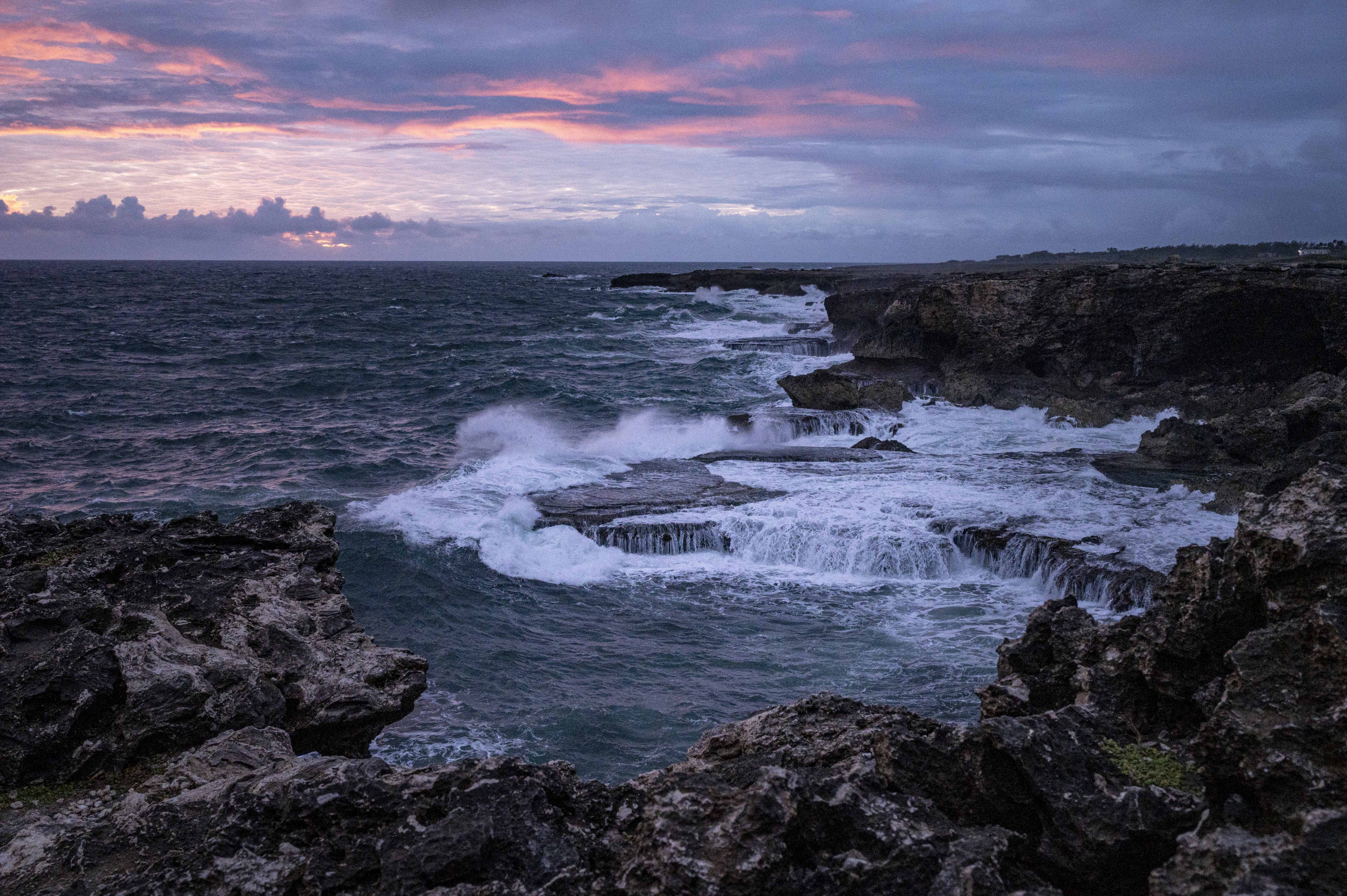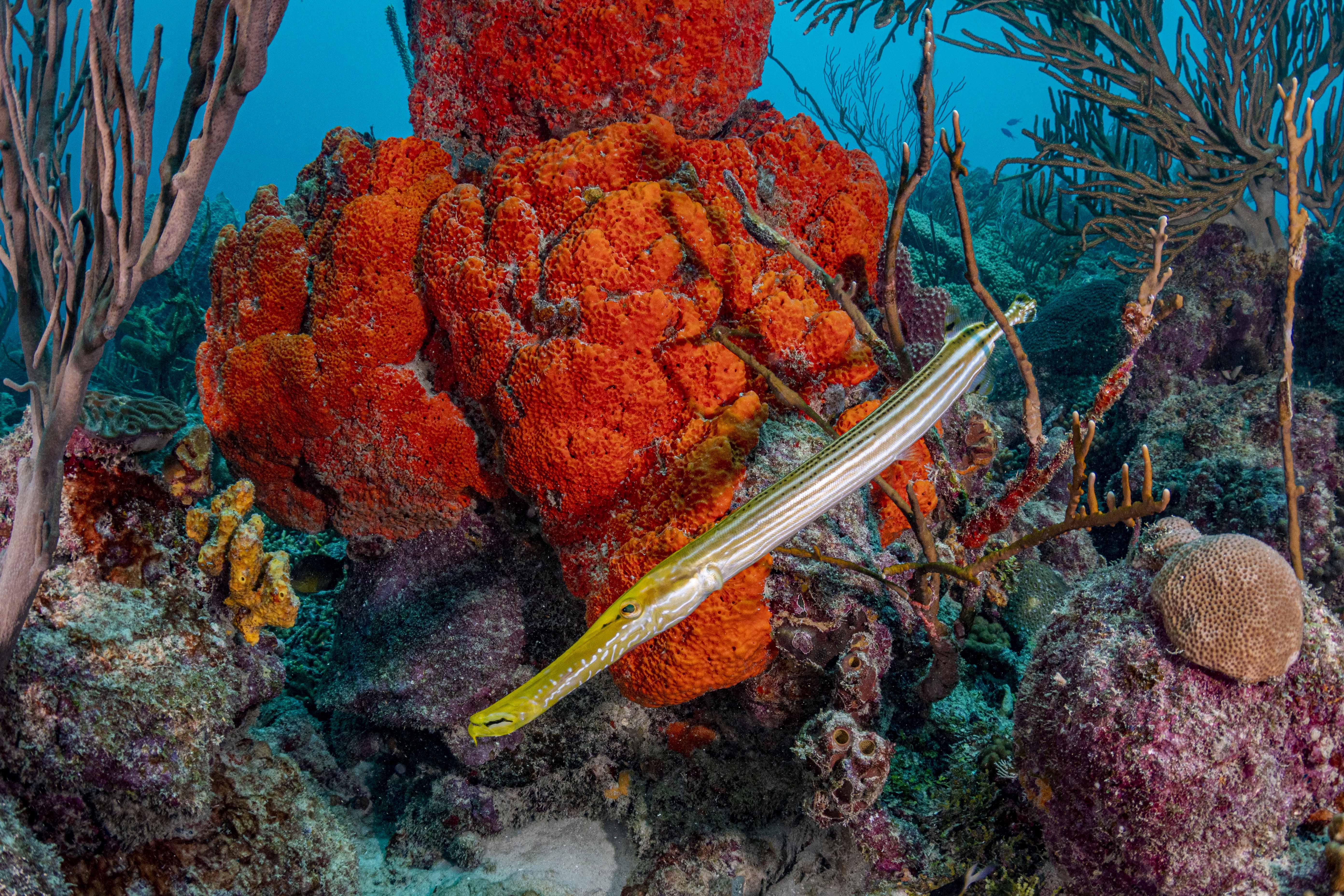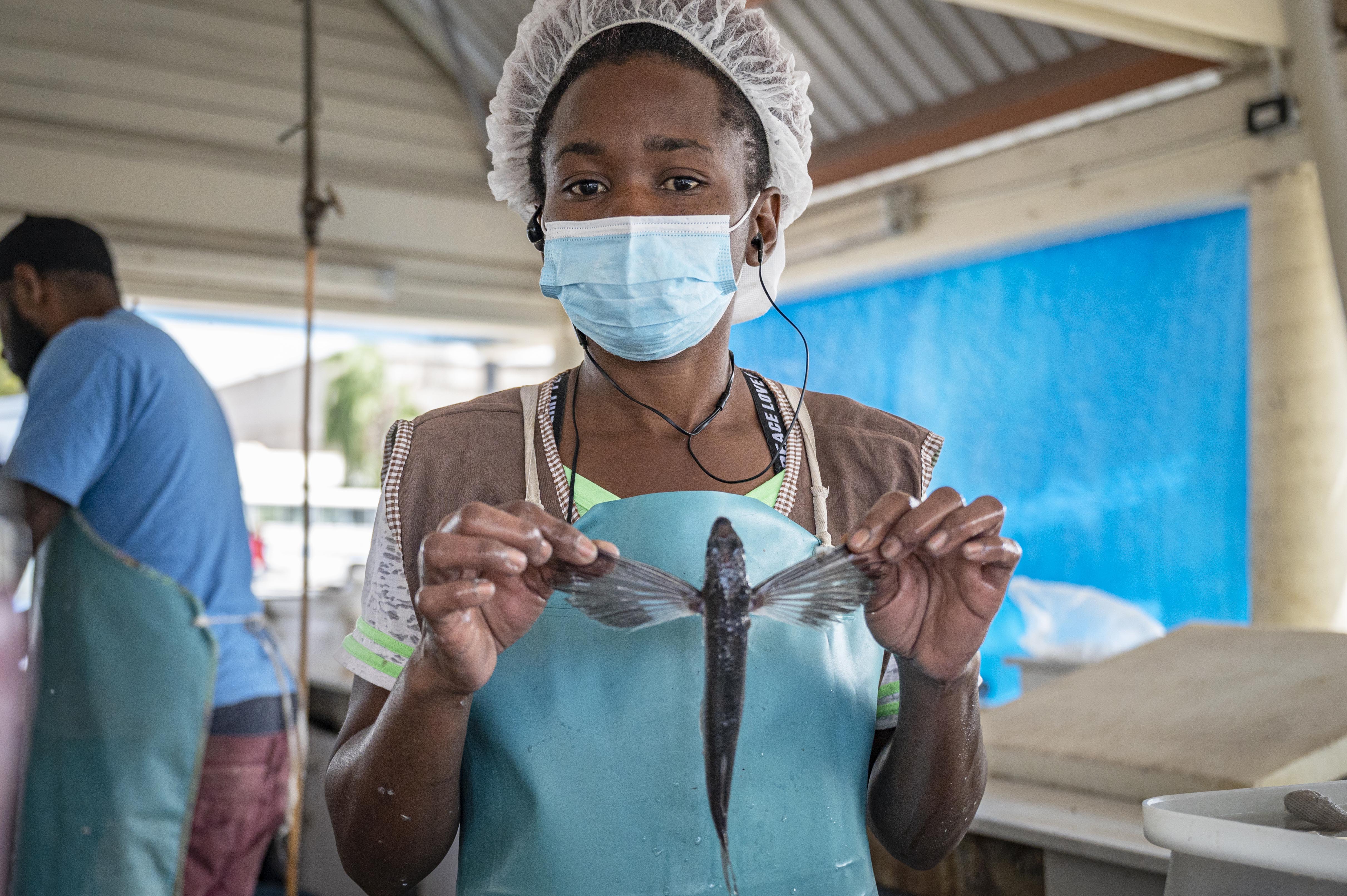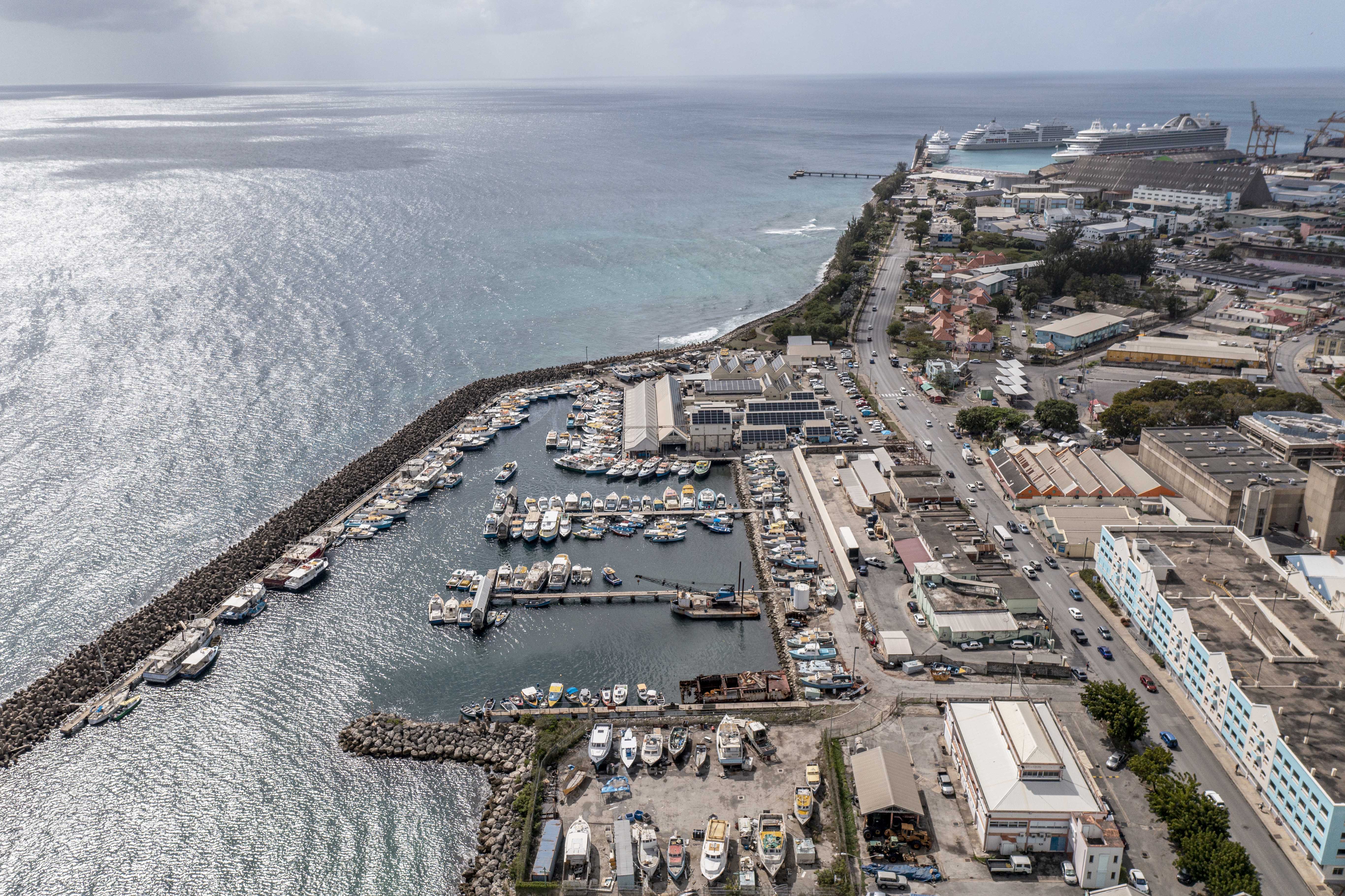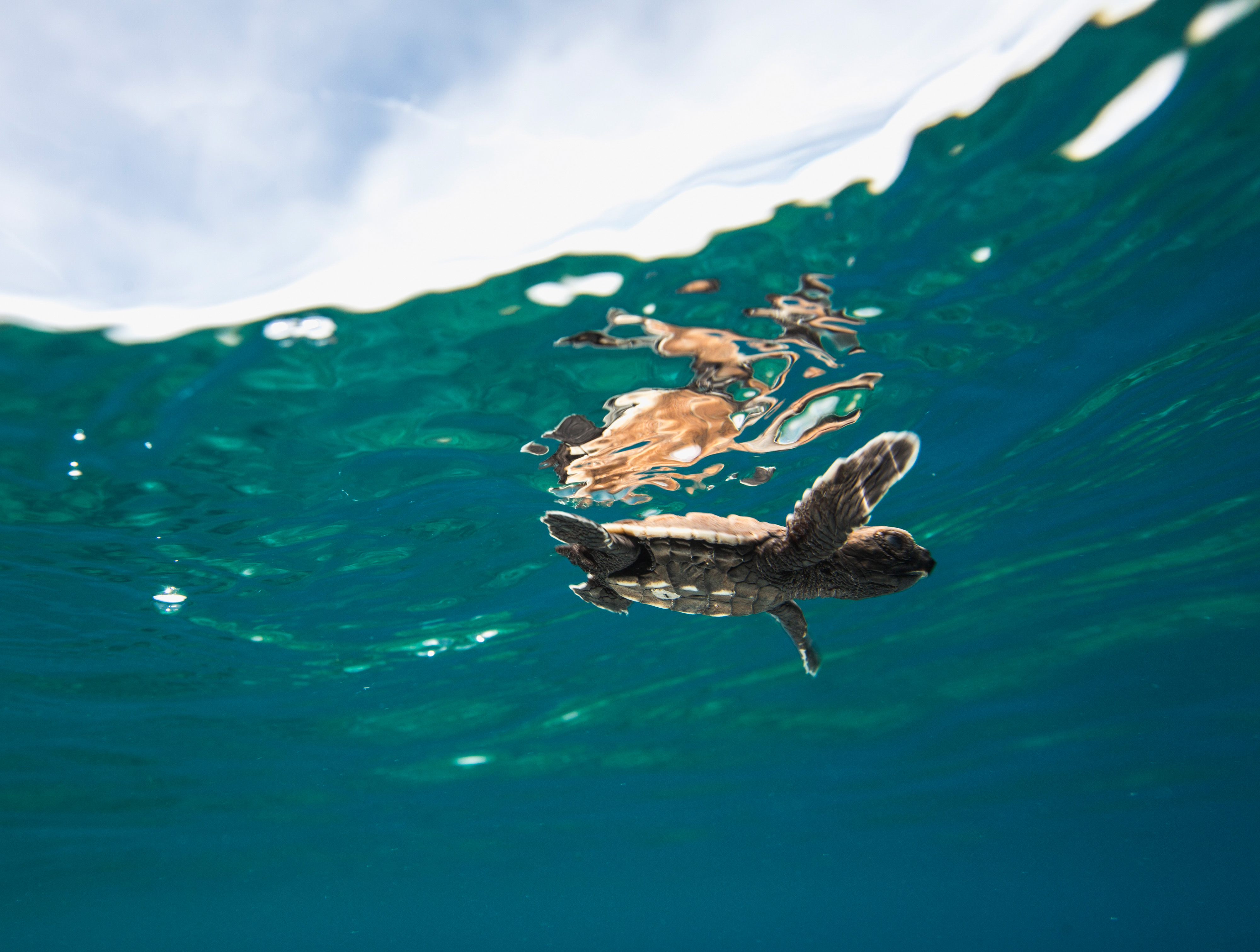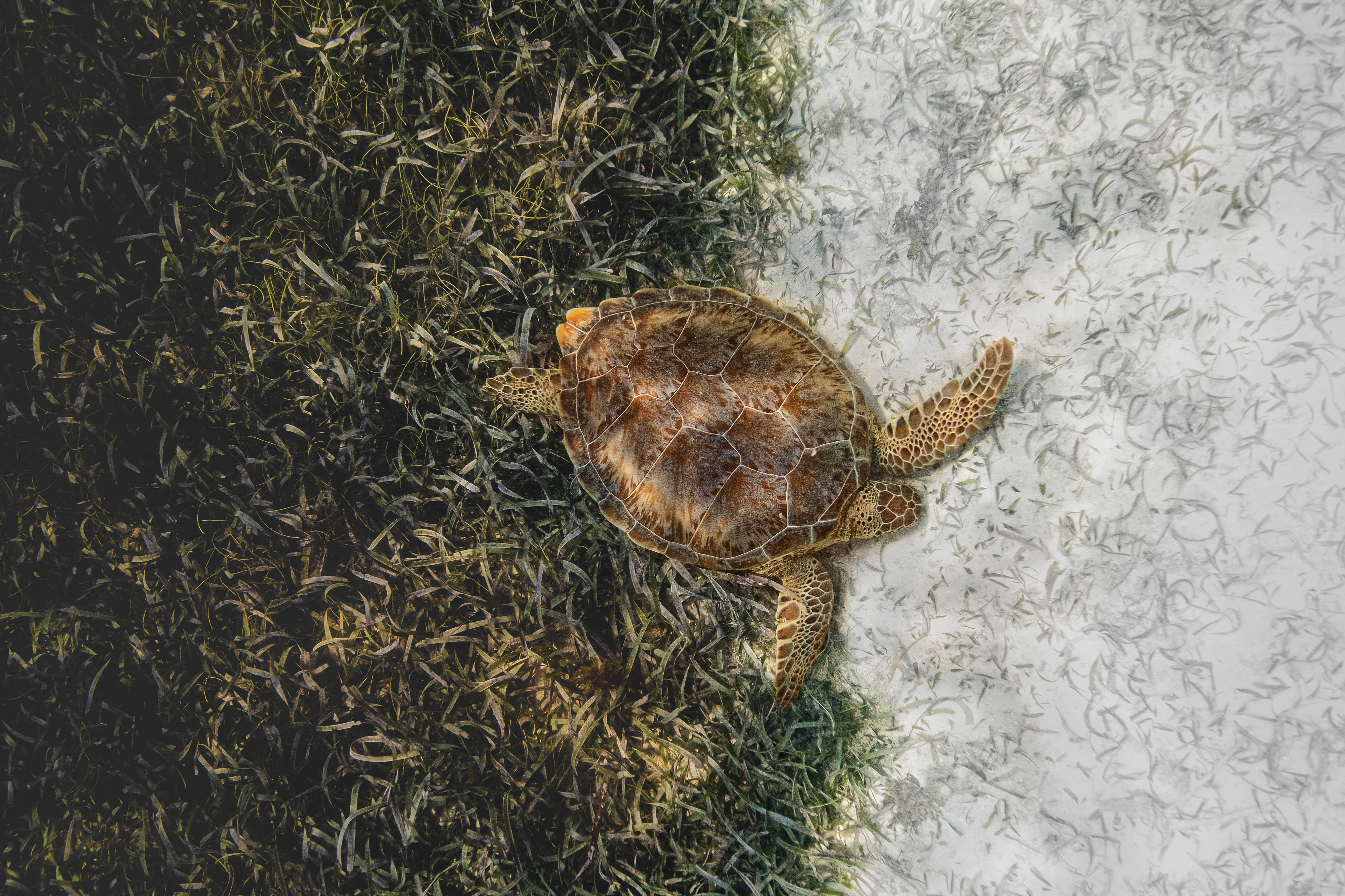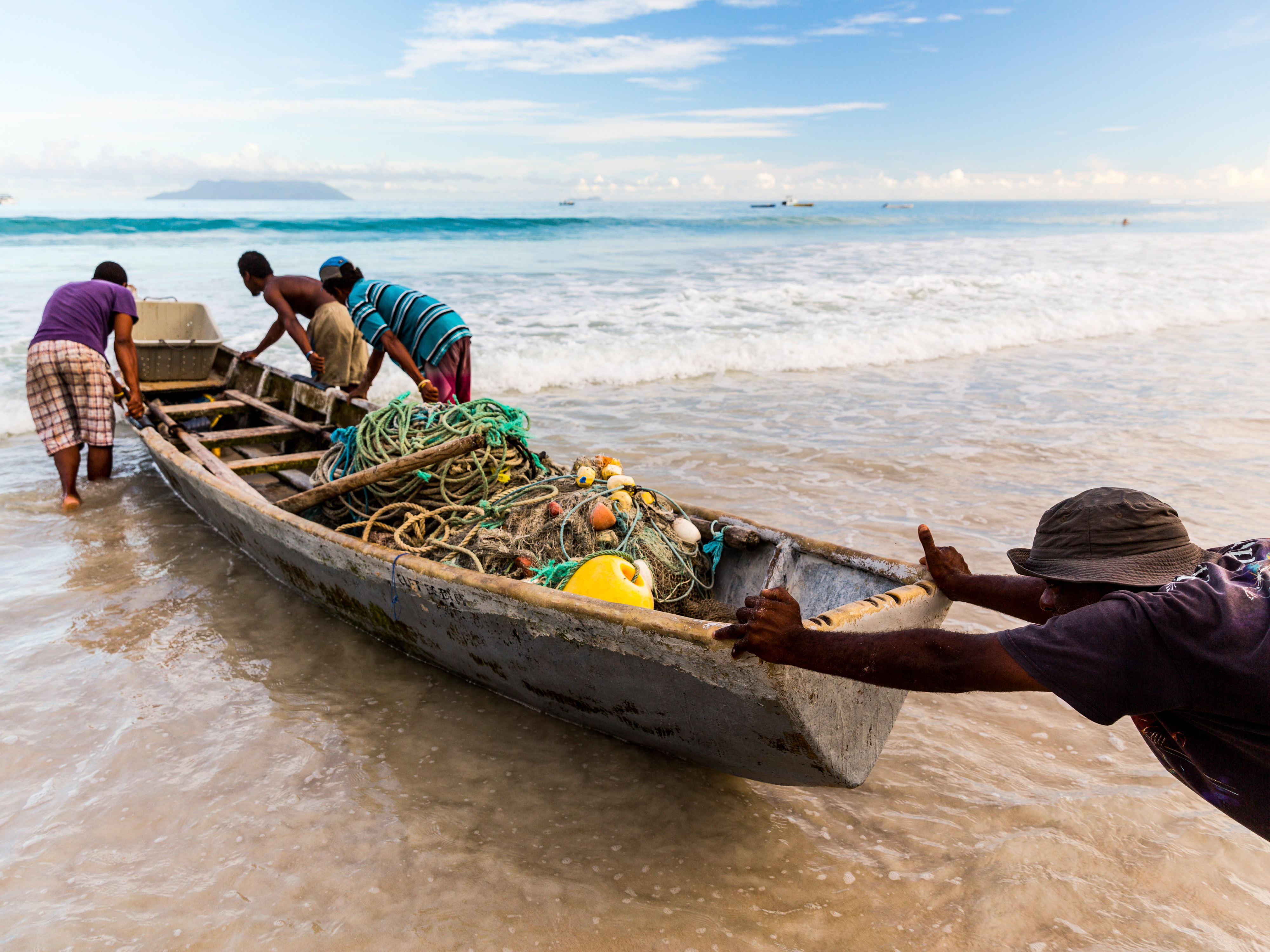Barbados Commits to Ambitious Ocean Conservation
A new Blue Bonds project will unlock $50 million to help Barbados protect up to 30% of its marine ecosystems.
For small island nations struggling with debt, the lingering effects of the COVID-19 pandemic and the costly effects of climate change, setting aside money for marine conservation can seem out of reach. Yet Barbados, whose prime minister, Mia Mottley, is known for her fiscal responsibility and global climate leadership, has struck a deal that will leverage $50 million in funding to help protect the nation’s marine ecosystems, support communities and sustainably develop its blue economy.
“I have made it abundantly clear that while we pray, prayer and hope are not strategies to combat this climate crisis,” says Prime Minister Mottley. “This Blue Bonds project is a bold step towards protecting and securing our marine environment that is critical to our continued survival as a people.”
Our global insights, straight to your inbox
Get our latest research, insights and solutions to today’s sustainability challenges.
Sign UpBlue Bonds for Ocean Conservation are a powerful debt conversion tool nations can use to finance ambitious conservation commitments at an unprecedented scale. We have entered an era of extremes—powerful storms and droughts, dramatic biodiversity loss, and rising ocean levels and temperatures. Given the short window remaining before some changes to our natural world become irreversible, bold action this decade is critical to success.
“You don’t get the big wins with real, lasting, meaningful conservation results from just doing little projects,” says Dr. Sherry Constantine, director of The Nature Conservancy’s Eastern Caribbean program. “Big initiatives like this really open doors to achieving meaningful outcomes.”
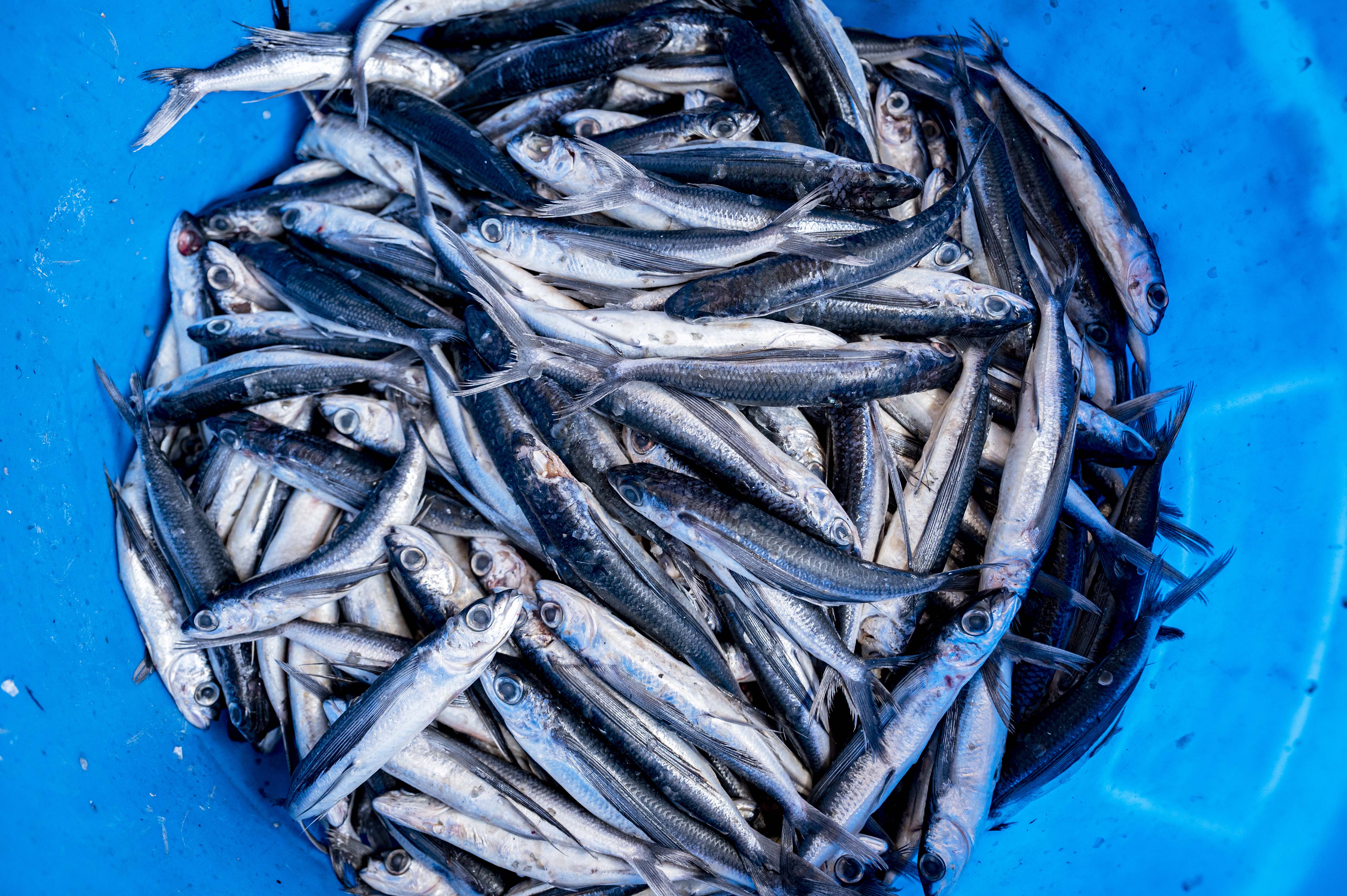
Reliant on Nature, Limited by Funds
Barbados sits on the limestone remains of ancient coral reefs in the Eastern Caribbean that were slowly formed and thrust upward by the movement of tectonic plates over millions of years. The island nation is surrounded by a vast marine space that is 430 times the size of its land area and teeming with life—from the critically endangered hawksbill and leatherback sea turtles to 13 species of flying fish, whose slender, “winged” bodies catch the sun as they leap across the ocean’s surface.
Flying fish were historically so common, Barbados was nicknamed “the land of the flying fish.” Often served fried with a fragrant concoction of okra and cornmeal known as cou cou, the iconic fish are a dietary staple. But in recent years, their numbers have declined, leading to higher prices and offering a reminder of how important the ocean is to the people and economy of Barbados.
“There are over 6,000 fishers in Barbados,” says Constantine. “This is quite of lot for a population of nearly 290,000 people.” Tourism is also a key industry, as the island’s coral-sand beaches and bountiful waters draw visitors from around the world.
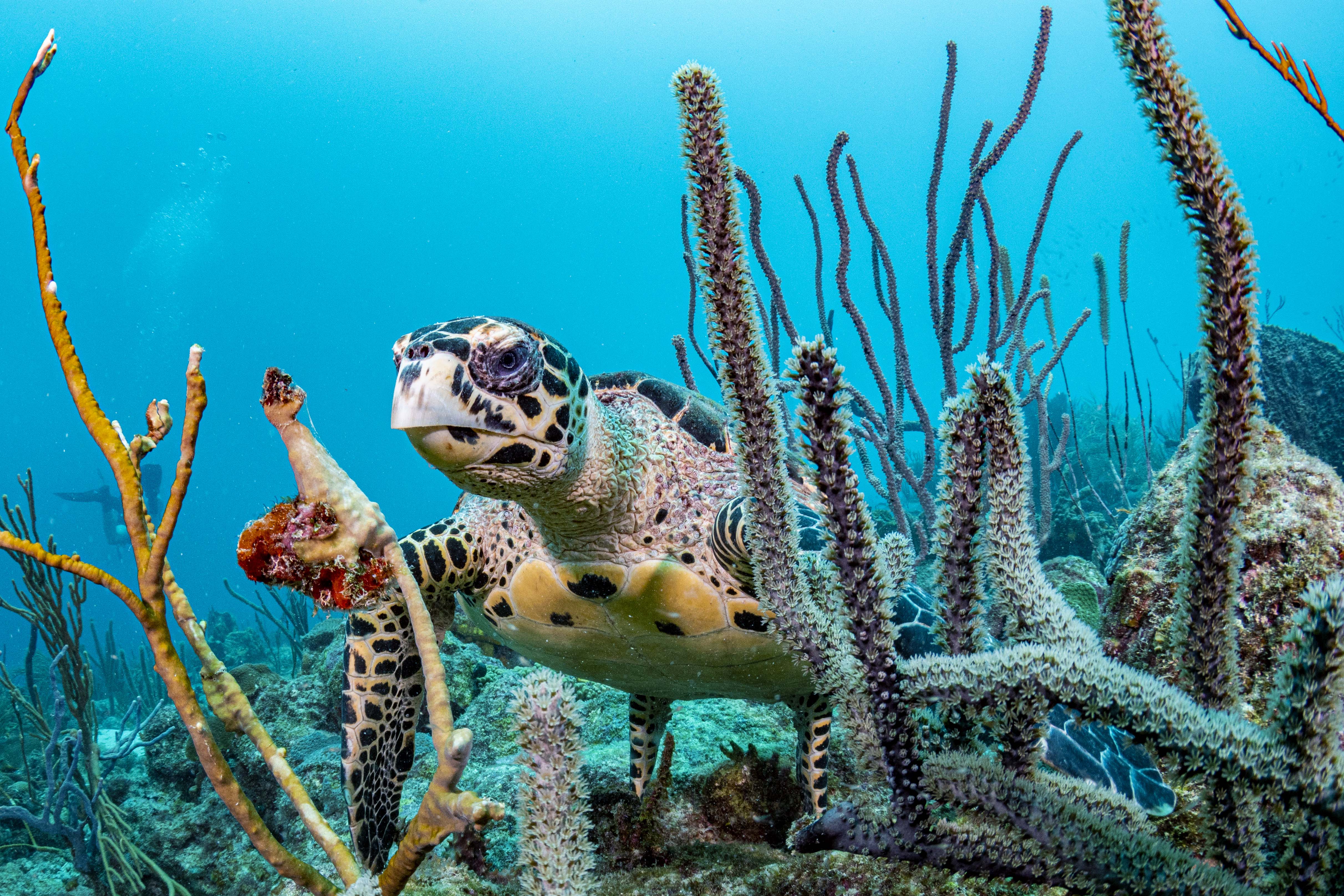
“Barbadians love the sea,” says Constantine. “It is part of their identity.”
So the driving question is: How do you help and conserve this resource that is part of the lifeblood of the people of Barbados?
Barbados’ marine environment faces challenges like overfishing, coastal development, and sewage and other pollution. The government has enacted a series of policy changes, but less than 1% of Barbados’ ocean is currently protected. Early efforts to develop a thriving blue economy, which would support both economic opportunities and ecosystem health, have been hampered by insufficient funding.
“There are many sectors jostling for resources in Barbados,” says Constantine. Education, healthcare (especially during the COVID-19 pandemic) and climate-resilient infrastructure are expensive. Barbados is also hit with large storms on an increasingly frequent basis, which can cause costly damage to roads, electrical grids and other structures. Funding marine protection is one item on a very long list of needs.
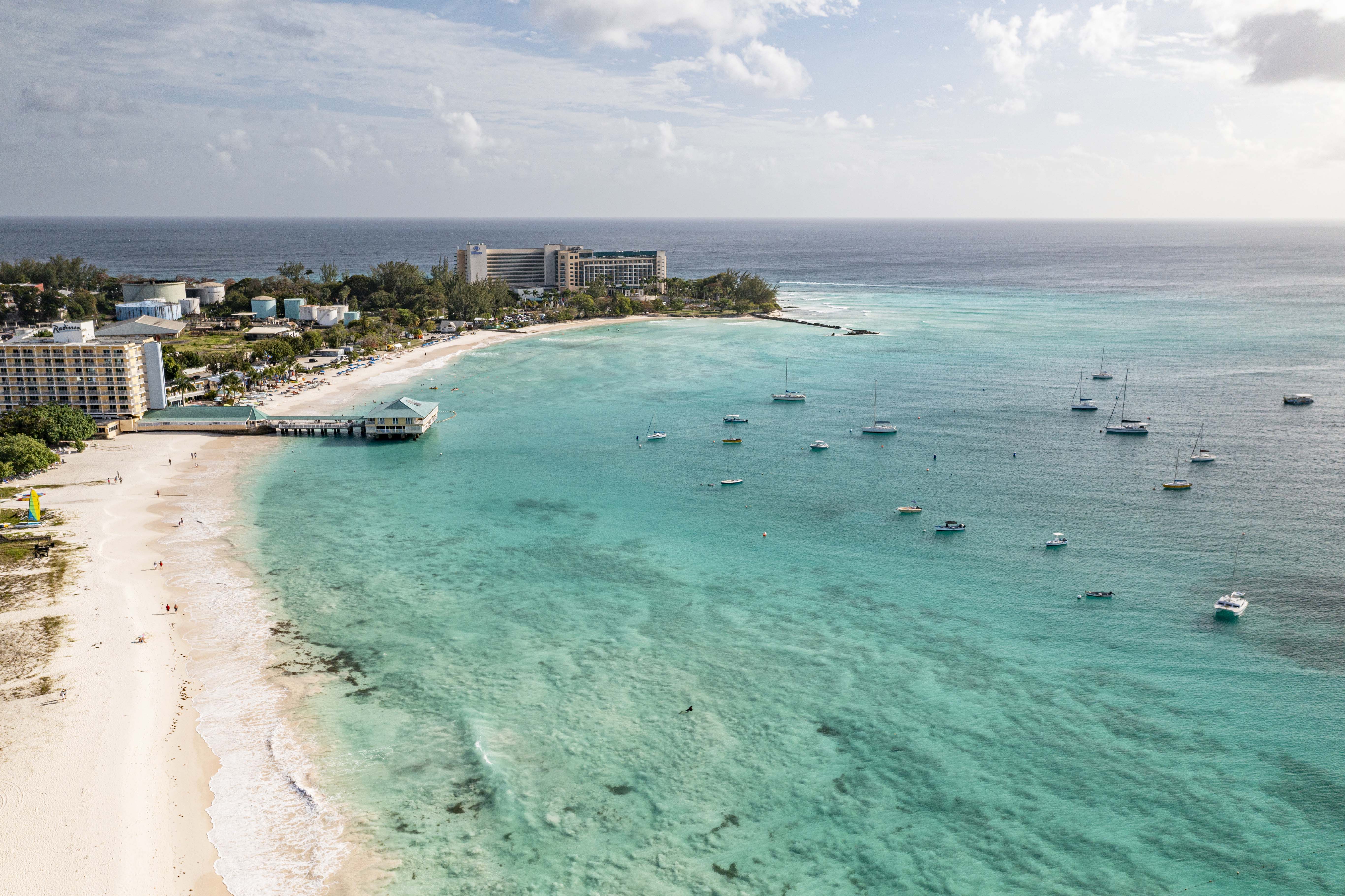
The Power of Blue Bonds and Collaboration
The Barbados Blue Bonds are essentially the refinancing of sovereign debt at a lower interest rate, like how a homeowner might refinance their mortgage. While a homeowner might use the savings from refinancing to more efficiently insulate their house, says Slav Gatchev, managing director of TNC’s NatureVest sustainable debt team, a national government commits to using the interest savings to support carefully crafted, large-scale conservation commitments.
Blue Bonds involve careful coordination among multiple parties and the detailed customization of the conservation targets that will be linked to the financing.
“There’s no cookie-cutter approach to these projects,” says Melissa Garvey, TNC’s global director of ocean protection. But there is a lot of innovation behind them. “TNC really pioneered this kind of approach in the marine space,” says Garvey, “taking what had been debt-for-nature-swaps, which involve bilateral debt one country loans another, and instead refinancing commercial debt, which comes with a lot more opportunity to be creative and meet the particular financial and conservation needs of any particular country.”
The Barbados deal—crafted by the Government of Barbados, TNC and the InterAmerican Development Bank, with Credit Suisse and CIBC First Caribbean Bank as joint arrangers of the new financing—is efficient and scalable to other countries with emerging market economies and extensive marine assets.
This replicable approach will be integral to TNC’s goal of protecting four billion hectares (9.9 billion acres) of ocean by the end of the decade, part of global efforts to protect 30% of the world’s ocean by 2030. The Barbados project follows on the heels of Blue Bonds projects in Belize and Seychelles, which have generated more than $200 million for conservation and protected 400,000 square kilometers (154,441 square miles) of ocean.
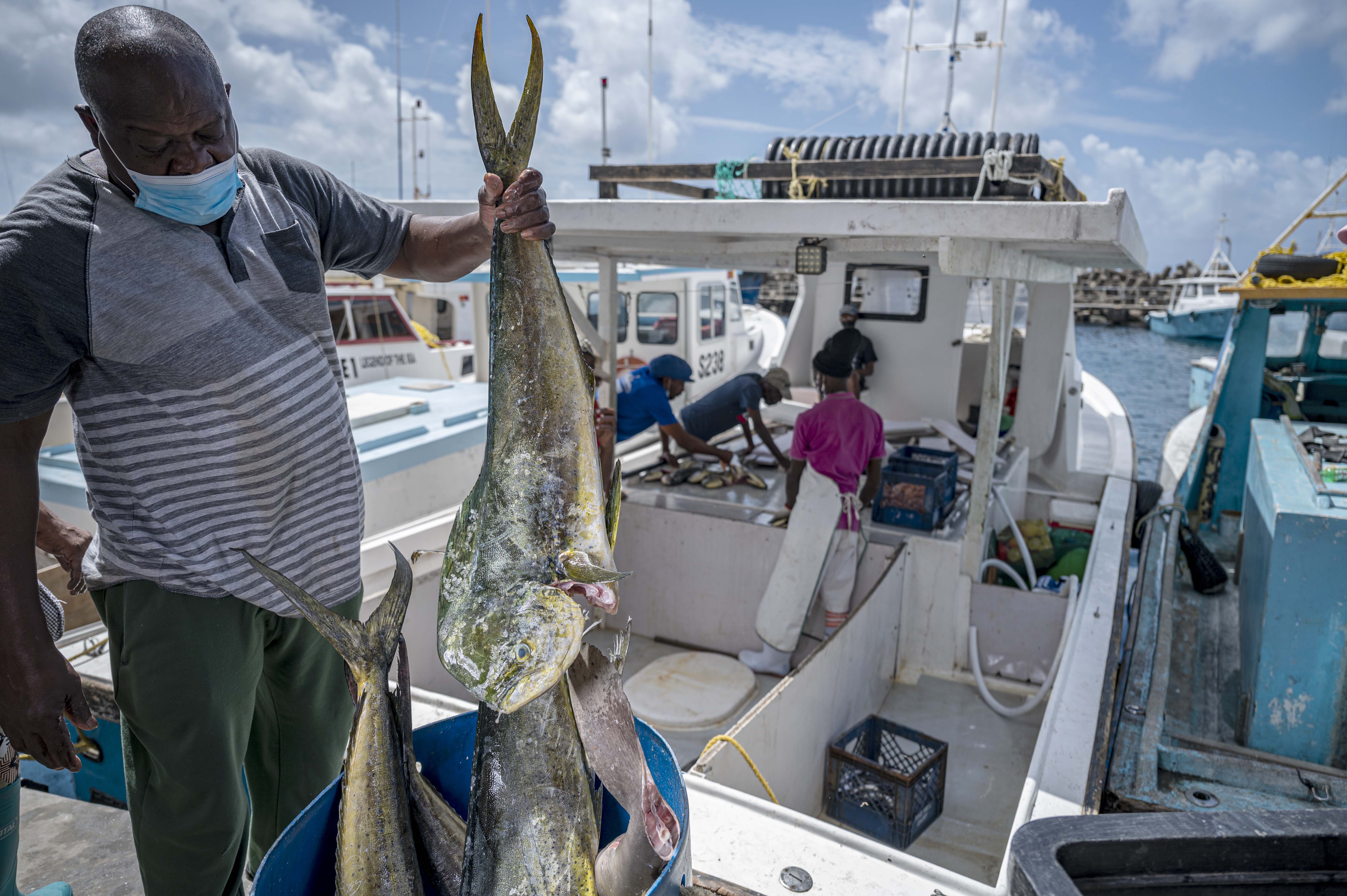
Inclusive, Science-Based Marine Spatial Planning Is Key for Lasting Success
An important component of the Barbados Blue Bonds project is the multi-year marine spatial planning process, which Barbados will kick off after the transaction is closed. This method will allow Barbados to conduct an equitable and holistic assessment of its marine assets and make determinations on how to accommodate the needs of the many businesses, nonprofits, community groups and other entities that rely on the ocean for economic, social, aesthetic and other interests. The marine spatial planning process will give Barbados the opportunity to optimize marine protected areas, sustainable fishing options, policy changes and other strategies to conserve up to 30% of its ocean.
Financial support for the ocean planning phase and the plan execution phase to follow will come from a domestic conservation fund established with the support of donors and the proceeds from the Blue Bonds project. Both sufficient funding and local community support are critical to the long-term success of conservation actions.
“It’s a long process,” says Constantine. “It’s going to take a lot of stewardship, a lot of trust-building and good-faith negotiating. “But once it’s done, Barbados will have an effectively managed ocean that will benefit generations to come.”
Many supporters made this project possible through years of effort, including: the Becht Foundation, Isdell Family Foundation, Anna Marie Pavlik and Richard Rosen, Lyda Hill Philanthropies, Oceans 5, MacKenzie Scott, TED Audacious Project, Jeff and Laurie Ubben, and the Wyss Foundation.
Testimonials on the Power of Blue Bonds for Barbados

Our global insights, straight to your inbox
Get our latest research, insights and solutions to today’s sustainability challenges.
